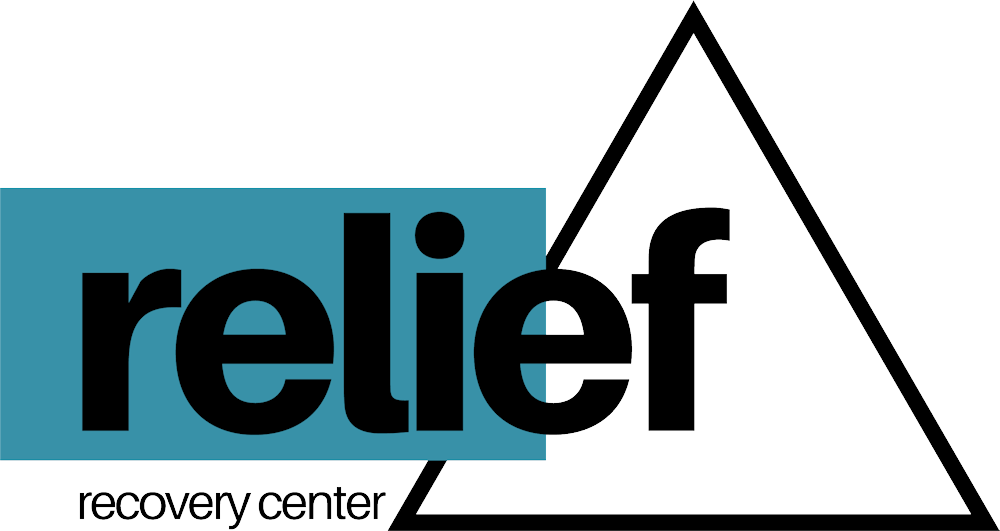Finding the Balance Between Supporting and Enabling a Loved One
The journey to recovery from addiction is a challenging one, and those who have loved ones going through this process naturally want to offer support. However, it’s crucial to understand there’s a fine line between providing support and accidentally enabling destructive behaviors. Understanding how to support someone in recovery without enabling fosters healthy recovery and prevents relapses.
What Does “Enabling” Mean in Addiction Recovery?
Enabling, in the context of addiction, means any actions that unintentionally allow a person to continue their addictive behaviors. While well-meaning, enabling behaviors can have the opposite effect, shielding the individual from the consequences of their actions and inadvertently prolonging the addiction cycle.
Examples of enabling behaviors include:
- Making excuses for the person’s behavior
- Bailing them out of trouble (legal, financial, etc.)
- Providing them with money or resources that could be used to support their addiction
- Lying for them or covering up for their actions
- Taking over their responsibilities
- Minimizing the severity of the problem
Why is it Important to Avoid Enabling?
While it’s understandable to want to protect a loved one in recovery, enabling undermines their recovery journey. When a person doesn’t face the full consequences of their addiction, several negative outcomes can occur:
- Lack of Motivation to Change: Enabling prevents a person from experiencing the full impact of their choices, reducing their motivation to seek help and make changes.
- Hindered Learning: Experiencing consequences is a powerful learning tool. Protecting someone from these experiences delays their understanding of how addiction is harming their life.
- Strained Relationships: Enabling creates an unhealthy dynamic in relationships, often leading to resentment, frustration, and codependency.
- Increased Risk of Relapse: Without accountability and the need to change, the potential for relapse significantly increases.
How to Support Someone in Recovery Without Enabling
Finding the balance between support and enabling is essential. Here are effective ways to achieve this:
- Set Healthy Boundaries: Clear and consistent boundaries are crucial. They communicate your expectations and show that while you are supportive, you won’t tolerate or participate in behaviors that fuel addiction.
- Offer Emotional Support, Not Financial: Listen with empathy, validate feelings, and offer encouragement. However, avoid giving money or other resources that could be misused.
- Educate Yourself about Addiction: Learning about addiction. Substance Abuse and Mental Health Services Administration (SAMHSA) can help you better understand the challenges your loved one is facing.
- Encourage Responsibility and Accountability: Allow the person to take ownership of their recovery. Support them in fulfilling responsibilities, seeking treatment, and managing daily life.
- Focus on Self-Care: Supporting a loved one in recovery can be emotionally draining. Prioritize your well-being by practicing self-care, setting limits, and joining support groups (Al-Anon Family Groups or Nar-Anon Family Groups).
- Suggest Professional Treatment: If your loved one is struggling, encourage them to seek help. Treatment centers like Relief Recovery Center offer comprehensive programs designed to address the root causes of addiction.
Additional Tips:
- Practice Tough Love: This means expressing love and support while firmly upholding boundaries and refusing to enable harmful behaviors.
- Communicate Directly: Have honest conversations about your concerns and how their addiction affects you.
- Avoid Arguments: Instead of arguing or nagging, focus on expressing support and offering solutions.
- Seek Support for Yourself: Attending support groups or therapy helps you develop coping mechanisms and healthy ways to support your loved one.
Professional Support is Key to Sustainable Recovery
Helping someone in recovery requires compassion, understanding, and knowing when to seek outside help. If you find yourself struggling to differentiate between supportive behaviors and enabling, professional guidance can be invaluable. Treatment facilities like Relief Recovery Center offer various programs tailored to individual needs, as well as family therapy to mend relationships and set healthy dynamics for continued recovery.
Finding Help and Resources
Remember, you don’t have to navigate this alone. Several organizations offer valuable resources and support throughout the recovery journey. Here are a few helpful places for your loved one and yourself:
- Substance Abuse and Mental Health Services Administration (SAMHSA): Provides a national helpline (https://www.samhsa.gov/find-help/national-helpline) offering confidential information, referrals, and support for individuals and families facing substance use and mental health challenges.
- National Institute on Drug Abuse (NIDA): A branch of the National Institutes of Health, NIDA offers research-based information on addiction science, prevention, and treatment (https://nida.nih.gov/).
- Partnership for Drug-Free Kids: A non-profit dedicated to supporting families struggling with a child’s substance use. They offer a helpline and resources (https://drugfree.org/).
- Relief Recovery Center: Provides comprehensive addiction treatment programs (https://wewantrelief.com/).
The Importance of Patience and Perseverance
Recovery is an ongoing process, not a single event. There will be setbacks and challenges along the way. Patience, understanding, and a willingness to persevere are essential.
Here are some tips for staying resilient:
- Celebrate Progress: Acknowledge every milestone and victory, no matter how small.
- Manage Your Expectations: Recovery is not linear, be prepared for ups and downs.
- Be Kind to Yourself: Remember, you are also working through this journey. Practice forgiveness and self-compassion.
- Maintain a Support Network: Connect with others who understand your situation. Support groups offer a safe and understanding space.
Walking the Path Together
Supporting someone in recovery without enabling is both an act of love and a process of learning. By educating yourself, setting boundaries, prioritizing self-care, and seeking professional support when needed, you can empower your loved one on their path toward a healthier, addiction-free life.
References and Additional Resources
- How to Help an Addict Without Enabling (Peace Valley Recovery): https://www.peacevalleyrecovery.com/blog/how-to-help-an-addict-without-enabling/
- 7 tips for supporting someone recovering from addiction (Health Partners Blog): https://www.healthpartners.com/blog/how-to-support-someone-through-substance-use-recovery/
- How to Help an Addict Without Enabling (Ambrosia Treatment Center): https://www.ambrosiatc.com/resources/help-for-an-addict/



